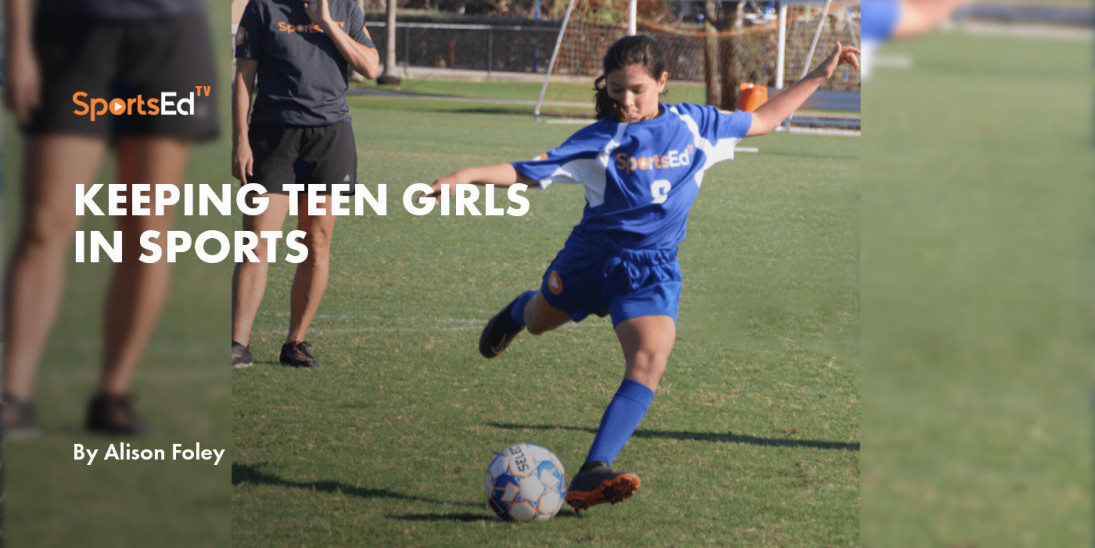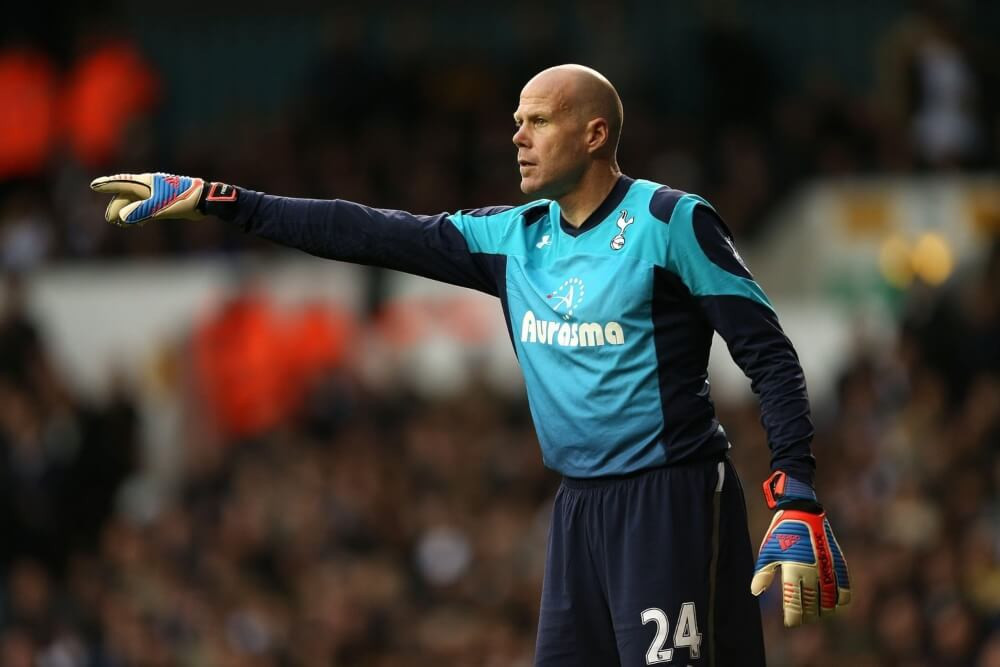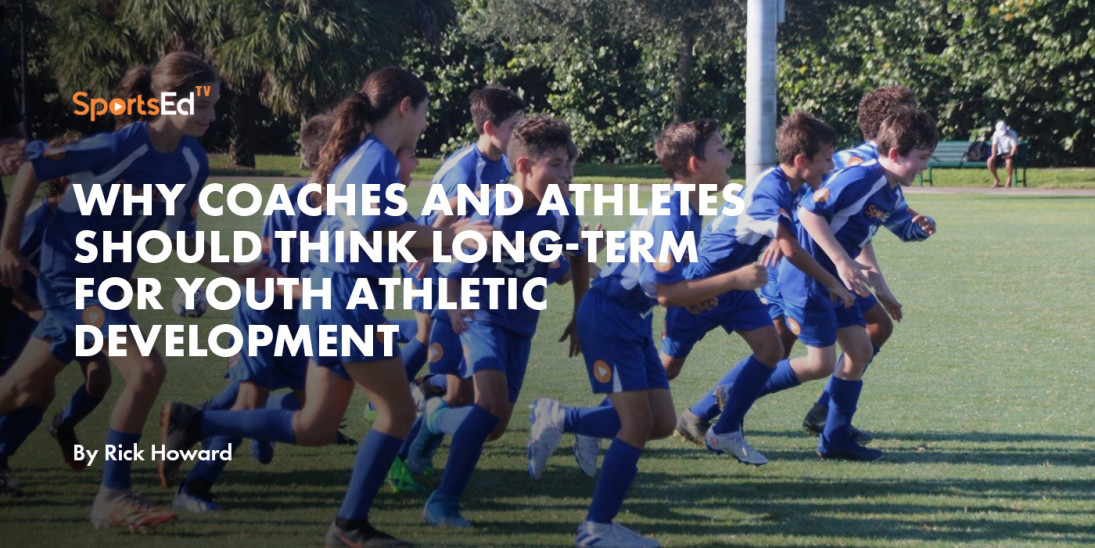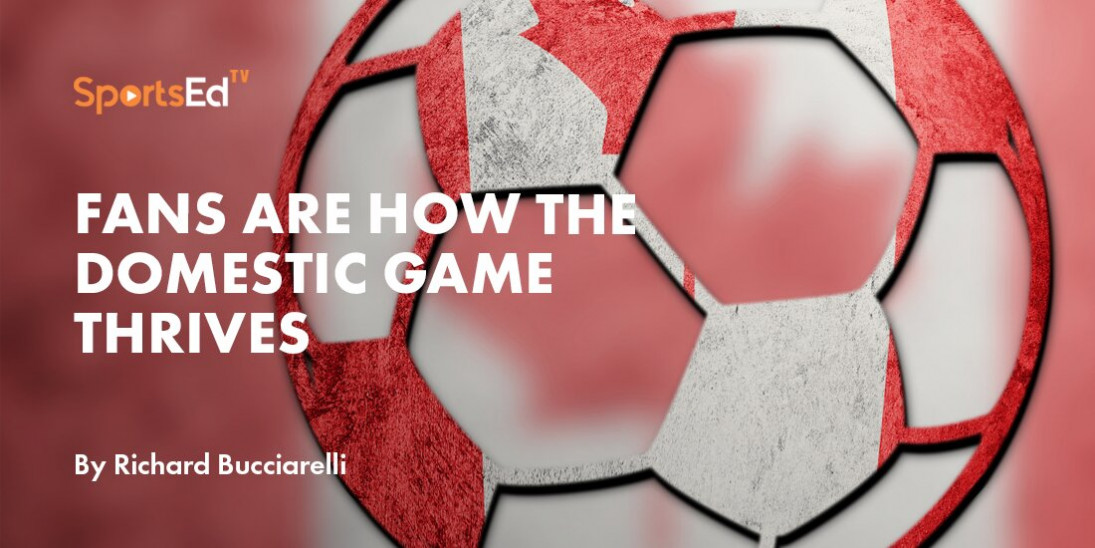Soccer
Welcome and thanks for visiting...

How To Speak To Your Child After A Game
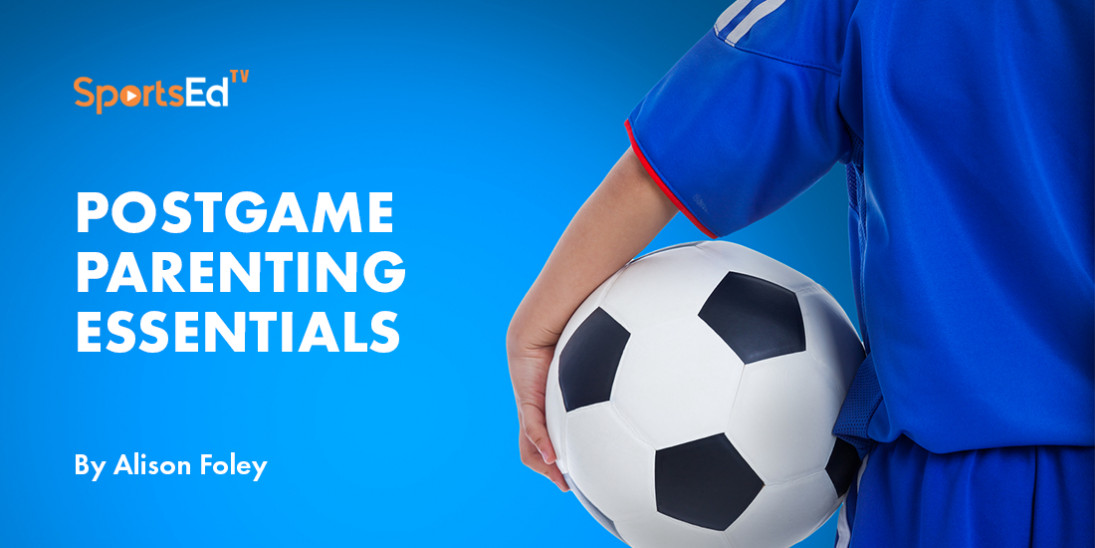
SportsEdTV Soccer is committed to bringing athletes, coaches, and parents world-class Soccer education videos for FREE. All levels, anywhere, anytime. Check out our full instructional library and sign up to join our Soccer community.
Alison Foley, a youth soccer expert, coach of Boston College's Division I Women's Soccer Team from 1997-2018, and the winningest coach in Boston College history, discusses how to talk to your child after a game to ensure a positive experience.
“Where do you want to go for ice-cream?”
The car ride home with your child after their sporting event can and should be utilized as a positive bonding time. Your objective as a parent is that this post-game time will be something that your child looks forward to after their game or event. Keeping the “car routine” consistent regardless of outcome is very important. With my daughter I would always ask the same question, “where do you want to go for ice-cream?” It would give her something “post-match” to always look forward to regardless of how she or her coach thought she had played. It also allowed me the opportunity to listen and let her talk about how she felt. I would do my best to not offer unsolicited advice or comment on the game. Letting your daughter or son talk about whatever they want is a great way to allow them to physically and mentally decompress.
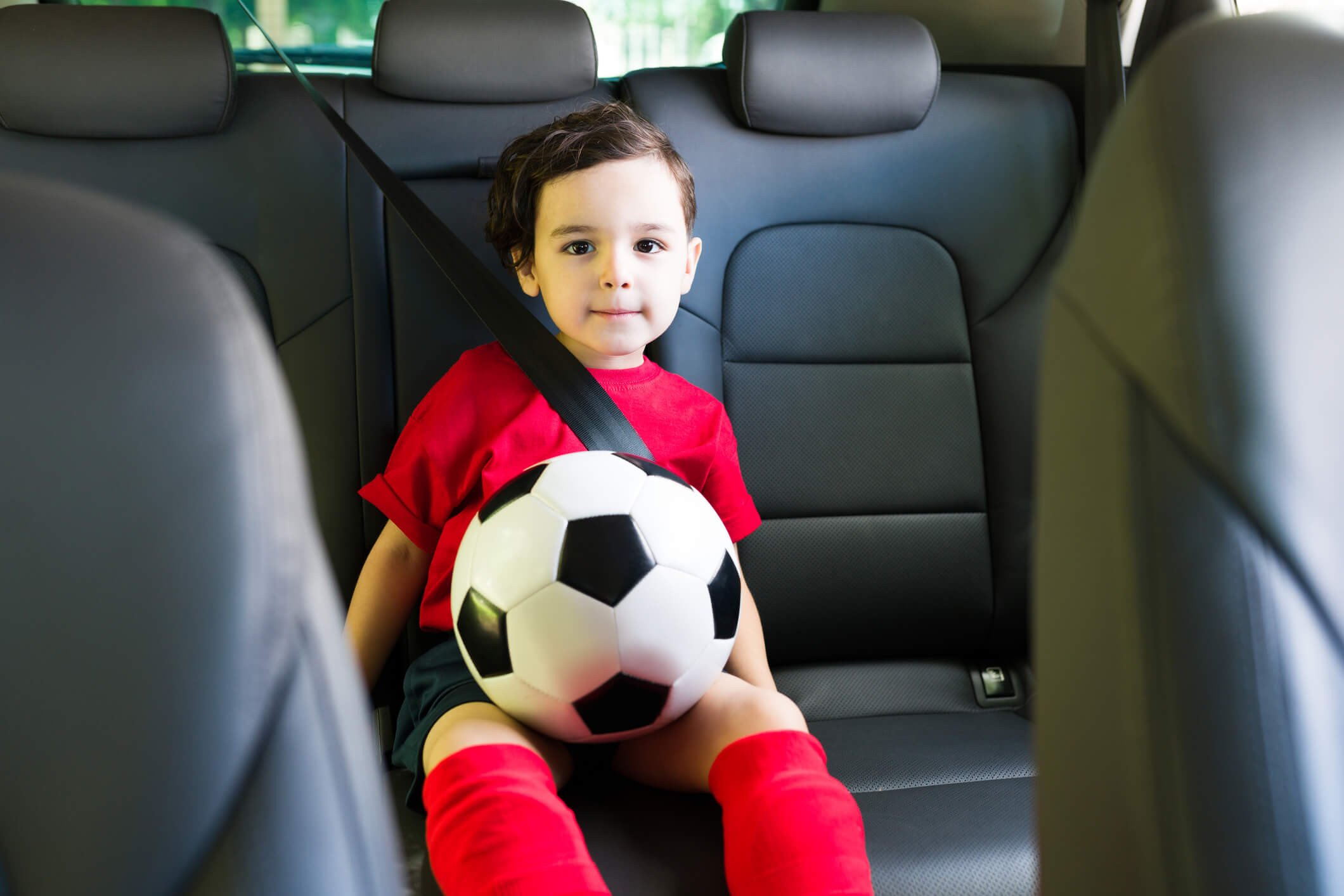 Let your child choose what they want to talk about after a game
Let your child choose what they want to talk about after a game
One of the things we have to remember is that we, as parents, are their number one influencer. If we are positive and upbeat this will likely transfer directly to them. At the end of the day, kids are playing sports to “have fun” and we have to be a part of that. Sixty percent of middle school kids are quitting sports before high school, and the leading cause of this is that the sports were just not fun anymore for those participants. One of the major issues is the pressure kids often feel from their parents to succeed in sport. When the game is over and a child feels there is going to be another “lecture” on their performance from their parents, they tend to fear the post-game car ride. Although as a parent you may feel you are helping your child; they feel very differently about receiving your feedback. Truly, kids do not need their parents at their games. We need to remember that we are there to serve them. They only have one childhood so make sure you are positive and supportive both during and after their sporting event.
We ask our children to be in control of their emotional thermometer and we need to as well. They do hear you on the side-lines and in the car, so what you say needs to be well thought out, or...just listen.
Some helpful tips I can provide are the following:
- Even if you are a parent-coach, do not coach in the car ride home. Leave it up to them if they want to bring up a specific moment from the game with you to discuss it. Leave the tactics for practices and when you’re coaching the team.
- Do not comment on their mistakes, rather find one really good moment where they demonstrated good sportsmanship, were a team player, or put in a lot of effort, to mention.
- Never comment on their playing time.
- Make sure you are positive about the coaches, referees, and your child’s teammates.
- Do not ask what the coach had to say to them; allow them to share this only if they would like to.
- Do not ask them if they need more training to improve; this will always be taken that they are not good enough.
- Stay away from conversations about who is leading the team statistically and where their team is in the standings.
- Do not complain about the money or time you are investing in them to play their sport. Instead, talk about how you love investing the quality time with them.
Remember it is up to you first to control your emotional thermometer, and your child will learn from and reflect that. Being positive is the only way to go!
Follow SportsEdTV Soccer on Facebook and Instagram to stay up-to-date with the latest content

